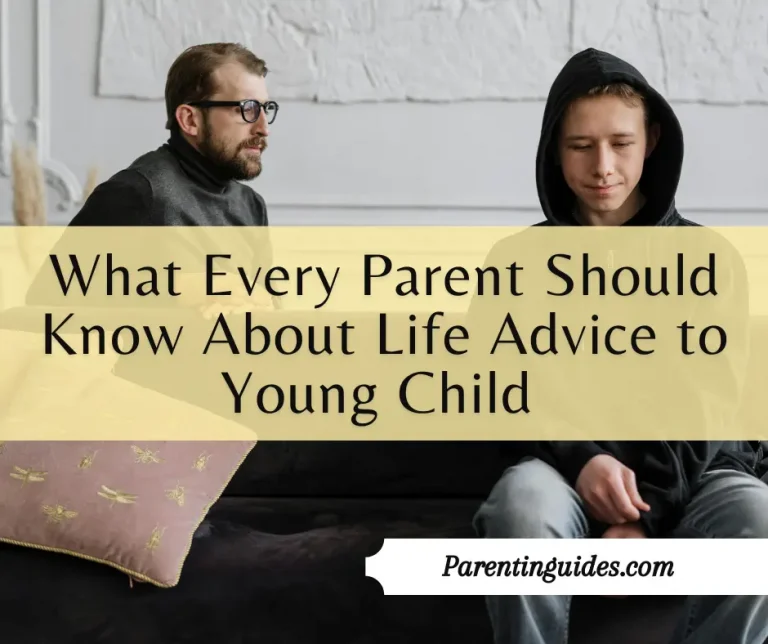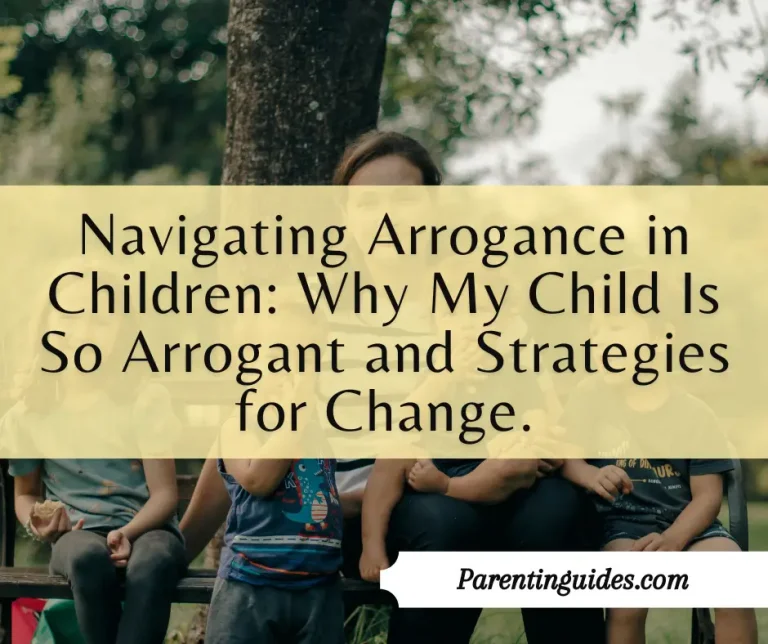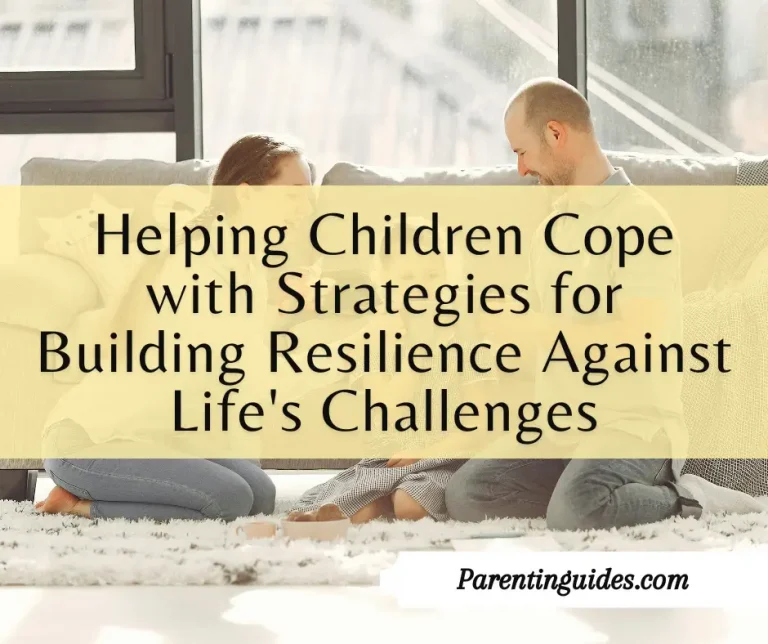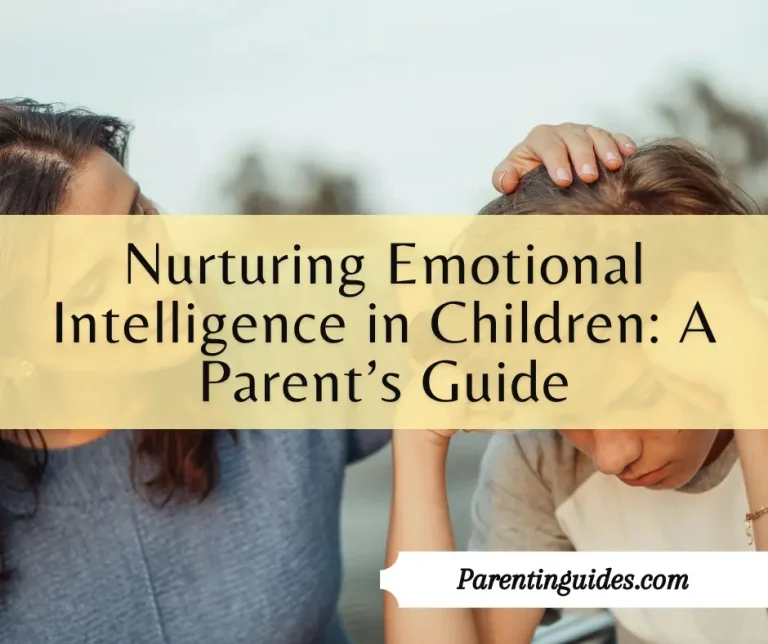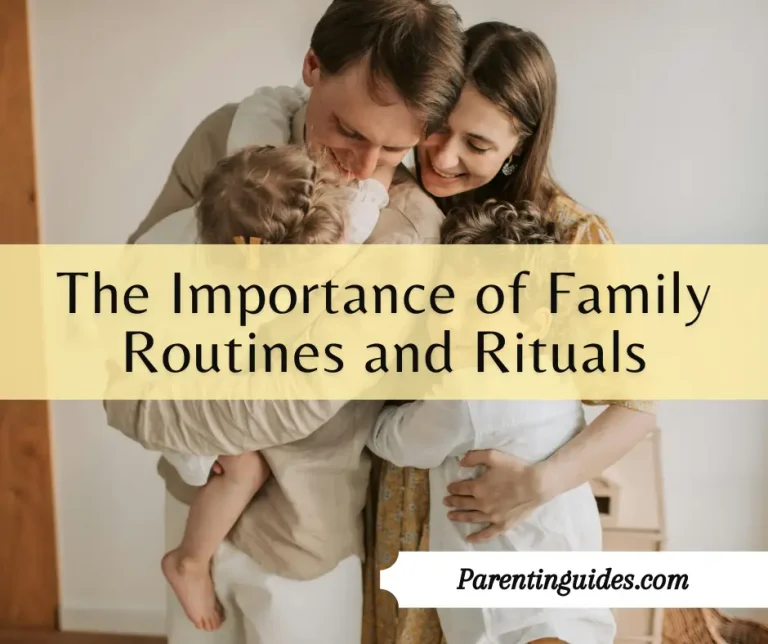In today’s fast-paced world, the dynamics of parenting are evolving rapidly. Gone are the days when fathers were seen solely as disciplinarians and distant authority figures. Now, more than ever, there is a growing recognition of the importance of being a friend to your son. This shift is not just a trend; it’s a crucial aspect of modern parenting that brings immense benefits to both the parent and the child.
Being a friend to your son doesn’t mean relinquishing your role as a parent. Instead, it’s about enhancing your relationship by building trust, fostering open communication, and creating a supportive environment where your son feels valued and understood. This approach not only strengthens the father-son bond but also lays the foundation for a healthy, lifelong relationship.
The importance of being a friend to your son becomes even more apparent when we consider the challenges children face today. In such an environment, having a parent who is also a friend can provide a safe haven, helping your son navigate life’s ups and downs with confidence.
In this article, we will explore why being a friend to your son is vital, how it benefits both you and your child, and practical strategies to balance friendship with parenting. We’ll delve into the changing dynamics of parenting, the power of trust, and the long-term benefits that come with nurturing this unique relationship. Ultimately, you’ll understand why I should be with my son as a friend and how this approach can lead to a more fulfilling and harmonious family life.
The Changing Dynamics of Parenting: Why Friendship Matters
The Evolution of Father-Son Relationships
Over the years, I’ve seen how traditional father-son relationships have transformed. In the past, fathers were often seen as strict authority figures. Their role was to enforce rules and provide for the family. Sons were expected to follow orders and show respect, with little room for open communication. But times have changed. Today, many fathers are stepping into a more collaborative and friendly role with their sons. Being a friend to your son is now seen as just as important as being a disciplinarian.
I’ve counseled many parents who initially struggled with this shift. They were raised in environments where fathers were distant and not very emotionally available. But societal changes have influenced parenting styles significantly. There’s now a greater emphasis on emotional support and open communication. Fathers who once only saw themselves as providers are now learning the value of being emotionally present. This change isn’t always easy, but it’s crucial for building stronger bonds with our children.
Adaptability in parenting is key. The world our children are growing up in is very different from what we experienced. It’s faster, more complex, and filled with new challenges. Being a friend to your son helps you stay connected to his world, understand his struggles, and support him in ways that are meaningful to him. I often tell my clients that why I should be with my son as a friend is not just about being close; it’s about being relevant in their lives. It’s about adapting our parenting to meet the needs of today’s children, ensuring that they feel supported and understood.

The Benefits of Being a Friend to Your Son
From my experience, being a friend to your son has profound psychological and emotional benefits. For both the parent and the son, this friendship fosters a sense of trust and openness that is difficult to achieve through traditional parenting alone. I’ve worked with families where the father-son relationship was strained due to a lack of communication. But when the father began approaching his son with more empathy and openness, the relationship transformed.
If you wondering about being a friend to your son, remember that research supports this shift. Studies have shown that when parents engage with their children as friends, there is a significant increase in the child’s emotional well-being. The son feels more comfortable sharing his thoughts, fears, and dreams. This openness not only strengthens the bond but also gives the parent valuable insights into the child’s world. In my sessions, I’ve seen fathers who once struggled to connect with their sons discover new aspects of their child’s personality that they never knew existed.
Understanding your son’s world is crucial. When you’re seen as a friend, your son is more likely to share his life with you. This doesn’t mean you stop being a parent. Instead, it means you gain a deeper understanding of who your son is and what he needs from you. Being a friend to your son helps you guide him more effectively, as you’re not just issuing commands but engaging in meaningful conversations. This connection is why I should be with my son as a friend, as it lays the foundation for a lifelong relationship built on mutual respect and understanding.
Balancing Discipline with Friendship
One of the biggest challenges my clients face is finding the balance between being a friend to your son and maintaining discipline. It’s a delicate balance. On one hand, you want your son to feel comfortable confiding in you. On the other hand, you still need to enforce rules and teach him right from wrong. This balance is not easy to achieve, but it’s essential.
In my counseling sessions, I often advise parents to set clear boundaries while maintaining a friendly approach. For example, you can be firm about bedtime but still talk to your son about why it’s important. By explaining your reasons and listening to his concerns, you’re showing that you value his opinion while still holding your ground. This approach helps in blending authority with friendship. I’ve seen it work wonders, where sons respect their fathers not just out of fear, but out of understanding and mutual respect.
Real-life examples can be powerful. I remember working with a father who struggled to discipline his son without coming across as harsh. We discussed strategies for maintaining authority while still being approachable. Over time, he found that his son responded better when he explained the reasons behind his rules. They began having more open conversations, and the son’s behavior improved. This is why being a friend to your son doesn’t mean you let go of discipline. Instead, it means you enforce discipline in a way that strengthens your relationship, rather than creating distance.

The Foundation of a Strong Parent-Son Friendship
Open Communication
In my experience, being a friend to your son starts with open and honest communication. This is the cornerstone of any strong relationship. Without it, misunderstandings and distance can easily grow. I’ve seen many fathers struggle to connect with their sons because they didn’t prioritize open dialogue. Why I should be with my son as a friend became clear to me when I realized that communication is the bridge that keeps us close.
To encourage your son to express his thoughts and feelings, start by listening without judgment. Create a space where he feels safe to share, no matter what’s on his mind. I often tell parents to ask open-ended questions, which allows their son to elaborate on his thoughts. Avoid interrupting or offering solutions too quickly. Sometimes, just being there and listening is enough. Being a friend to your son means he knows you’re someone he can talk to without fear or hesitation.
Building this kind of communication takes time, but it’s worth the effort. Over the years, I’ve learned that why I should be with my son as a friend is because when your son feels heard, he’s more likely to come to you with his problems. This strengthens the bond between you and helps you guide him through life’s challenges.
Being Present and Engaged
Another essential aspect of being a friend to your son is being present and engaged in his life. It’s not enough to just be there physically; you need to show genuine interest in what he’s doing. I’ve worked with many parents who were surprised to find that their sons wanted to spend more time with them, not less. Why I should be with my son as a friend is evident when I see how much it means to him to have my attention and interest.
Spend quality time together doing activities you both enjoy. This could be anything from playing sports to watching movies or even just talking about his day. The key is to be fully present during these moments. Put away distractions like phones and focus on your son. This consistent presence builds trust, as he knows he can rely on you to be there for him.
I’ve found that being a friend to your son in this way makes him feel valued and understood. It also gives you more opportunities to connect and understand his world. Over time, this engagement helps create a strong foundation of trust, which is crucial for any lasting relationship.
Handling Conflicts with Empathy
Conflicts are inevitable, but how you handle them can either strengthen or weaken your relationship with your son. Being a friend to your son means approaching disagreements with empathy rather than authority. I’ve seen fathers who immediately resort to strict discipline, only to find their sons withdrawing from them. Why I should be with my son as a friend became clear when I learned that empathy can turn conflicts into opportunities for growth.
When a disagreement arises, try to see things from your son’s perspective. Acknowledge his feelings before offering your own viewpoint. This doesn’t mean you have to agree with him, but it shows that you respect his thoughts and emotions. I often advise parents to use “I” statements, like “I feel” or “I understand,” to keep the conversation open and non-confrontational.
Resolving conflicts this way builds trust and teaches your son that it’s possible to disagree without damaging the relationship. Over time, these empathetic interactions reinforce the bond between you. Being a friend to your son through understanding and patience ensures that your relationship can withstand challenges, leading to a deeper, more resilient connection.

Encouraging Independence While Being a Supportive Friend
Understanding Your Son’s Need for Autonomy
As a parent, I’ve often found that understanding my son’s growing need for independence is crucial in maintaining a healthy relationship. Being a friend to your son involves recognizing that he’s not just your child but also an individual with his own thoughts, desires, and aspirations. It’s essential to respect his autonomy, even when it’s difficult to let go.
Supporting your son’s decision-making process without being overbearing is a delicate balance. I’ve learned through my experiences with other parents that it’s about offering guidance without dictating every choice. Encourage him to explore his options, make decisions, and learn from the outcomes. This concept, which I like to call “guided independence,” allows your son to feel empowered while still knowing you’re there as a safety net.
Being a friend to your son during this stage means he trusts you to support his independence rather than control it. This approach helps build a stronger bond and fosters a sense of mutual respect, which is the foundation of a lasting relationship.
Being a Mentor, Not Just a Parent
Over the years, I’ve come to see the value in being more than just a parent—I strive to be a mentor to my son. Being a friend to your son doesn’t mean abandoning your role as a parent but rather expanding it. As a mentor, you guide him through life’s challenges while allowing him the space to learn and grow on his own.
Mentorship differs from traditional parenting in that it’s more collaborative. Instead of simply telling your son what to do, you work with him to find solutions and navigate difficult situations. I’ve seen this approach help many parents develop deeper, more trusting relationships with their sons. It’s about being there not just to provide answers but to help him discover them for himself.
Why I should be with my son as a friend becomes evident when I see how this mentorship nurtures his maturity and responsibility. It’s rewarding to watch him grow into a capable and confident individual, knowing that I played a part in guiding him along the way.
Encouraging Problem-Solving and Critical Thinking
One of the most important aspects of being a friend to your son is helping him develop critical thinking skills. Encouraging him to solve problems on his own fosters independence and self-confidence. It’s about providing the tools he needs to think through situations rather than simply giving him the answers.
I’ve found that offering scenarios for him to solve or asking open-ended questions during discussions can stimulate his critical thinking. This not only helps him become more self-reliant but also deepens our relationship. When he knows that I believe in his ability to solve problems, it boosts his confidence and strengthens our bond.
So here, being a friend to your son aids in both his cognitive and emotional development. Why I should be with my son as a friend is clear when I see how these interactions contribute to his growth. It’s not just about teaching him to think critically; it’s about being there to support and encourage him as he navigates life’s challenges.

The Emotional Impact of Friendship on Your Son’s Well-Being
Boosting Self-Esteem and Confidence
From my experience working with parents, I’ve seen firsthand how being a friend to your son can significantly boost his self-esteem. When you build a strong friendship, you provide him with a solid foundation of support. This positive relationship helps him feel valued and understood, which is crucial for his confidence.
One effective strategy is offering consistent positive reinforcement. Praise his efforts, celebrate his achievements, and encourage him when he faces challenges. By doing so, you show him that his efforts matter. This kind of encouragement fosters high self-esteem, which impacts his success and happiness in the long run. Being a friend to your son means you are always there to lift him up, helping him believe in himself.
Over time, high self-esteem developed through your supportive friendship can lead to greater success and overall happiness. It creates a positive cycle where he feels confident enough to take on new challenges and pursue his goals.
Reducing Anxiety and Stress
In my role, I’ve noticed how crucial it is to reduce anxiety and stress through a strong parent-son friendship. When you’re a supportive friend, your son feels more secure and less anxious. Knowing he has a trusted ally in you helps him manage stress more effectively.
If you consider about being a friend to your son, you can help by using evidence-based techniques like open communication and active listening. Create an environment where he feels safe to express his worries. A stable, friendly relationship acts as a buffer against external pressures, providing him with a sense of calm amidst life’s challenges.
Why I should be with my son as a friend is evident when I see how this relationship helps him handle stress better. By offering support and understanding, you help him develop resilience, making it easier for him to navigate difficult situations and maintain his well-being.

The Long-Term Benefits: Preparing Your Son for Future Relationships
Role Modeling Healthy Relationships
Being a friend to your son sets a powerful example for his future relationships. From my work with families, I’ve learned that modeling respect, empathy, and open communication is crucial. When you treat your son with kindness and listen to him, he learns to do the same with others. This behavior becomes a part of his interactions with friends and future partners.
For instance, I’ve seen how children who experience respectful and empathetic relationships with their parents often carry these traits into their adult lives. They understand the importance of clear communication and mutual respect. By being a friend to your son, you help him develop these essential skills. Why I should be with my son as a friend is clear: it sets a solid foundation for his future interactions and relationships.
Strengthening the Father-Son Bond into Adulthood
Maintaining a close bond with your son into adulthood has significant long-term benefits. A strong friendship during his formative years creates a lifelong connection. I’ve observed many father-son relationships that thrive well into adulthood. These bonds are characterized by mutual respect, trust, and ongoing communication.
One father shared with me how his relationship with his son evolved from playful interactions to deep, meaningful conversations as his son grew older. This continued connection enriched their lives and provided a solid support system for both. Being a friend to your son means investing in this enduring relationship, which can provide support and joy for both of you in the years to come.
Empowering Your Son to Be a Better Parent
Your friendship with your son can have a lasting impact on how he approaches parenting. When you demonstrate positive parenting and empathetic behavior, you influence his future parenting style. I’ve seen how children who experience a supportive and caring relationship with their parents often replicate these traits in their own families.
The generational impact of positive parenting is profound. By being a friend to your son, you instill values of empathy and kindness that he will likely pass on to his children. To encourage these values, spend quality time together, model positive behaviors, and discuss the importance of empathy and support. Why I should be with my son as a friend is evident: it helps shape him into a compassionate and thoughtful parent.

Conclusion
In conclusion, being a friend to your son is essential for fostering a meaningful and lasting relationship. Why I should be with my son as a friend is clear—it helps build trust, encourages open communication, and models healthy relationships that he will carry into adulthood. This approach not only strengthens your bond but also prepares him to be a better partner and parent in the future. Embracing the role of a friend to your son provides a solid foundation for a supportive and understanding relationship that benefits both you and him throughout life.


